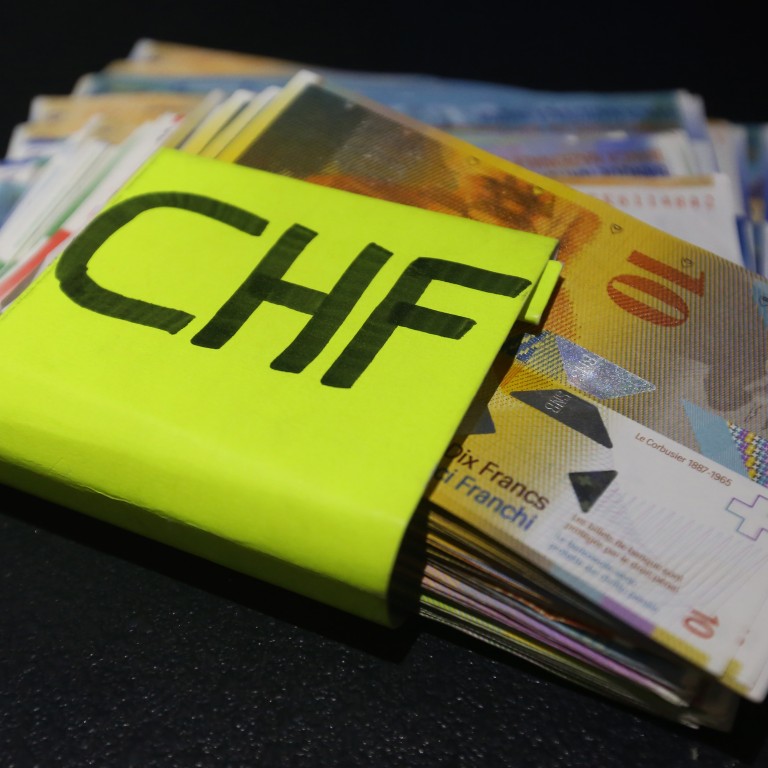
Peg or no peg, it's far better to be on guard in a globalised world
As a safe haven, Switzerland has repeatedly found itself in trouble because of other people's problems during the euro-zone crisis.
As a safe haven, Switzerland has repeatedly found itself in trouble because of other people's problems during the euro-zone crisis. In 2011, the Swiss National Bank, its central bank, was forced to hold down the franc by pegging it to the euro after the currency jumped 44 per cent in a little more than a year.
Last week, it had to abandon the peg as the sliding euro made defending the Swiss franc at the 1.2 euro level prohibitively costly. Untethered, the Swiss currency promptly jumped back to where it was before the peg in 2011.
Swiss exporters and tourism industry, which had a good ride during the three years-plus peg, have been hit hard. Shares of Swiss companies such as Nestle, the food and beverage giant, plummeted.
The Swiss central bankers have been heavily criticised for their shock decision. Just weeks before, the bank said the 1.2 euro peg was the bedrock of its monetary policy. Our own Financial Secretary John Tsang Chun-wah likened the Swiss decision to "a tsunami" and took the opportunity to reaffirm that Hong Kong would never follow the Swiss example and abandon our peg to the US dollar.
Pundits and experts will long argue whether or not our peg, with its own mechanism and history, is very different from Switzerland's short-lived version. What is clear is that the Swiss faced a very unique challenge. As the European Central Bank embarks on its own money-printing experiment - quantitative easing - the weak euro has slid further. It did not make sense for the Swiss to defend the franc in such a clear-cut situation by throwing good money after bad.
Perhaps the better lesson is that in a globalised world economy, it's not enough to be virtuous on your own. Whatever you do, powerful forces unleashed by US and European central bankers' money-easing policies have created unpredictable spillover effects against which people around the world have to be on guard.

